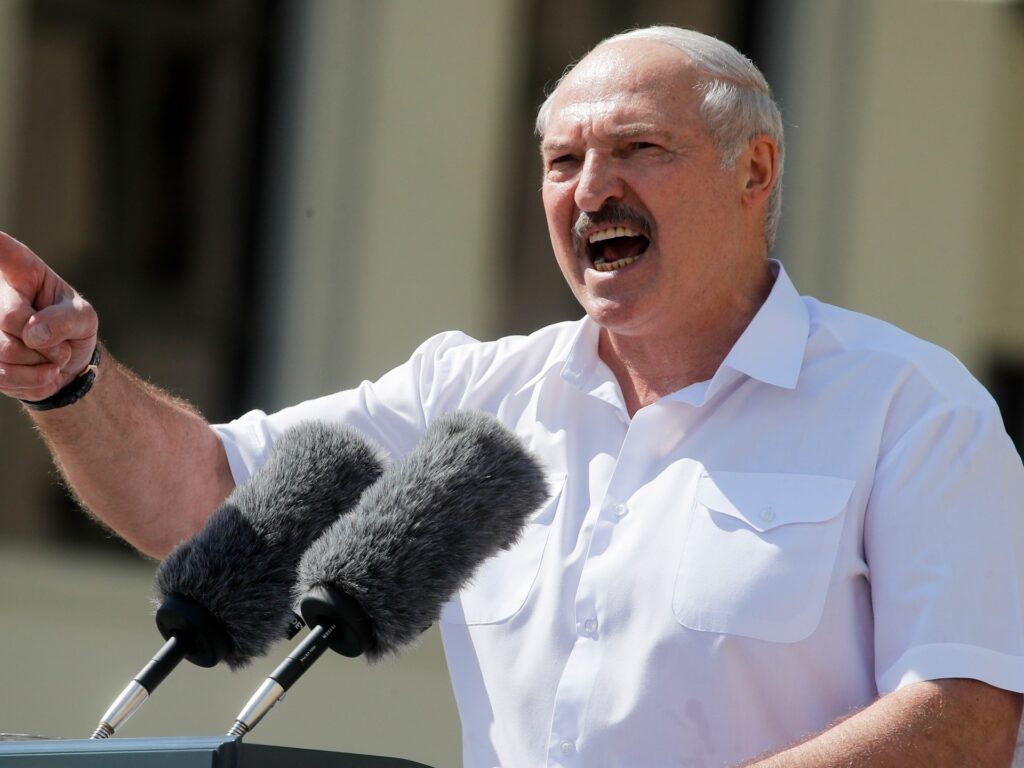Human rights organization Viasna reports that 1,275 political prisoners remain in prison and face harsh conditions.
Belarusian President Alexander Lukashenko has pardoned dozens of political prisoners, the presidential palace announced, but critics say more than 1,000 people remain imprisoned since mass protests in 2020, and critics say more than 1,000 people remain in prison since mass protests in 2020. It warns that the repression continues.
The presidential palace announced in a statement Wednesday that the 32 pardoned prisoners were “convicted of extremist crimes.” Seventeen of them had chronic illnesses and nine were over 50 years old.
“The Ministry of Home Affairs will ensure that their law-abiding behavior is controlled,” he said.
This is the sixth amnesty for political prisoners since July, with a total of 178 people released, according to a tally based on data from human rights groups.
“My heart is filled with joy as 32 more political prisoners will be released in Belarus,” said exiled opposition leader Sviatlana Tsikhanouskaya, who declared victory in the 2020 elections.
“But we must see the harsh reality: the repression continues and the number of political prisoners continues to grow,” she said in a post on social media platform X.
Lukashenko suppressed large-scale protests following a disputed 2020 election.
He was re-elected for a sixth consecutive term in a vote rejected by most of the international community, citing widespread allegations of fraud. The election was followed by a series of controversial bills aimed at further quashing dissent, including criminalizing criticism of the president.
At least 1,275 political prisoners remain in prison since 2020, according to the Viasna human rights organization.
Most of them were found guilty of insulting Mr. Lukashenko, and more than 500 were sentenced to imprisonment in penal colonies, the group said.
Viasna said the repression has intensified as the country prepares for the next presidential election in January 2025. According to the group, at least 1,213 political-administrative cases were heard in court from September to mid-November, with the majority related to the “spread of extremist material.”
Lukashenko has ruled the country with an iron fist since 1994. He moved Minsk closer to Moscow and allowed Russia to use Belarus as a base for its 2022 invasion of Ukraine, a move that further strained Belarus’ relations with the West.
Political prisoners are held in harsh conditions and are often denied access to lawyers or contact with outside relatives.
Last week, jailed protest leader Maria Kolesnikova was photographed meeting with her father in what appeared to be a prison hospital, marking the first time in 20 months there was news about her condition.
Recently released prisoners living in exile told AFP that as former political prisoners, it was almost impossible for them to lead a normal life in Belarus, with people under close surveillance and struggling to find work. He said he was having a hard time.



